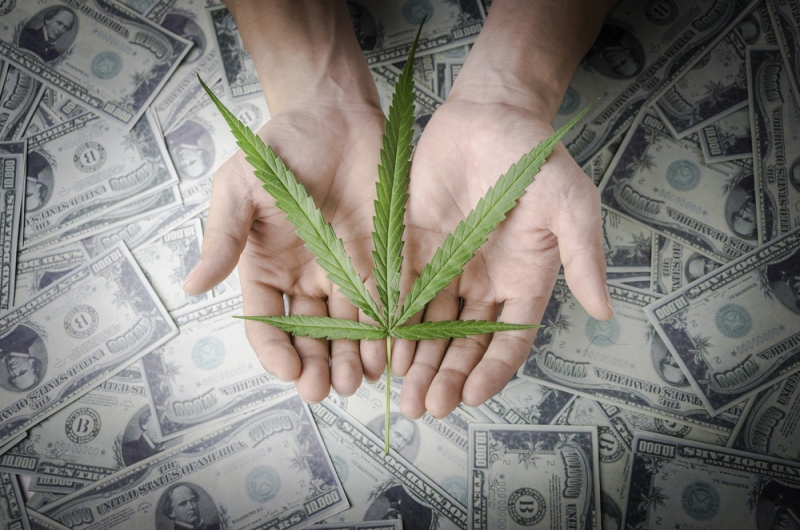
There is a good reason why Colorado and Washington chose to legalize recreational marijuana. Since taking the step toward legalization, both states have collectively raked in at least $200 million in pot tax revenue—and they’re putting those dollars to good use.
In Colorado, more than $117 million in excise taxes from both the recreational and medical marijuana markets has been collected in the first 18 months. According to recent data from the Colorado Department of Revenue, that amount would be even greater if jurisdictional taxes, fees, and licensing costs were also included.
Although retail shops in Washington only began selling recreational marijuana in July of 2014, the state has hauled in $89 million since sales first began, according to data from the Washington State Liquor and Cannabis Board. Just like Colorado, that amount would be greater as well if jurisdictional taxes, fees, and licensing costs were also included.
J. Skyler McKinley, deputy director of Colorado’s Office of Marijuana Coordination, points out that most of the tax revenue goes into the cost of legalization. “The big lesson we tell other states is you probably shouldn’t legalize marijuana if you want to make money—that’s not why you do it,” McKinley said. “You do it because you think that a regulated marketplace might be safer than an unregulated marketplace or you believe that the war on drugs didn’t work.”
In Colorado, a portion of marijuana tax revenue helps support the state’s public school system with $23.9 million generated so far for the Building Excellent Schools Today (BEST) grant program. Another $8 million of the Colorado tax money has been funneled to eight different studies investigating the medical promise of cannabis.
In Washington, beyond helping the public schools, the most ambitious research project has come out of the Washington State Institute for Public Policy. The WSIPP is conducting a broad cost-benefit analysis of the legalization of recreational marijuana.
